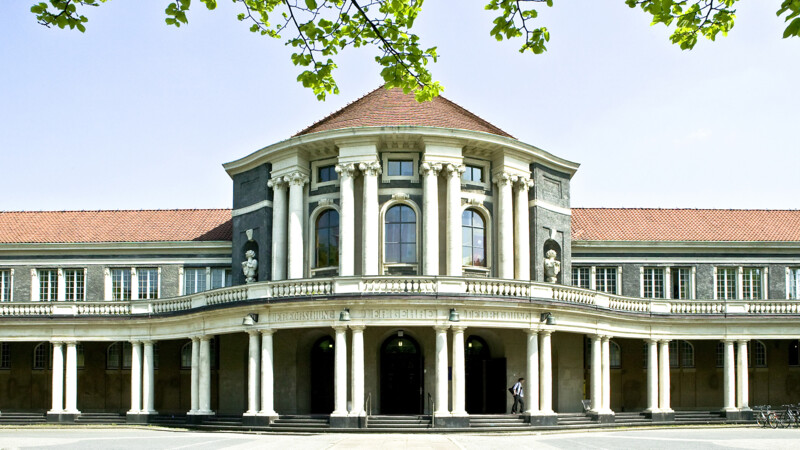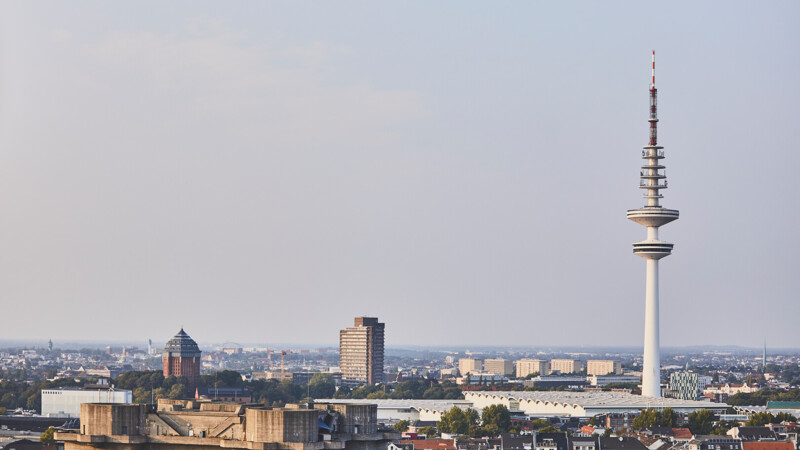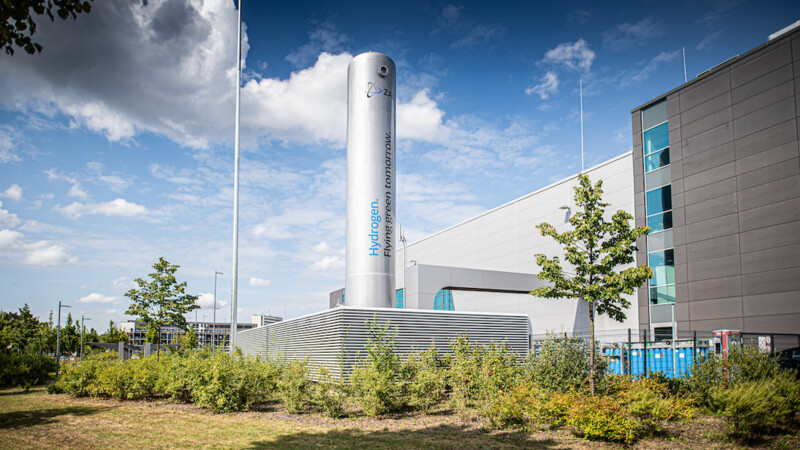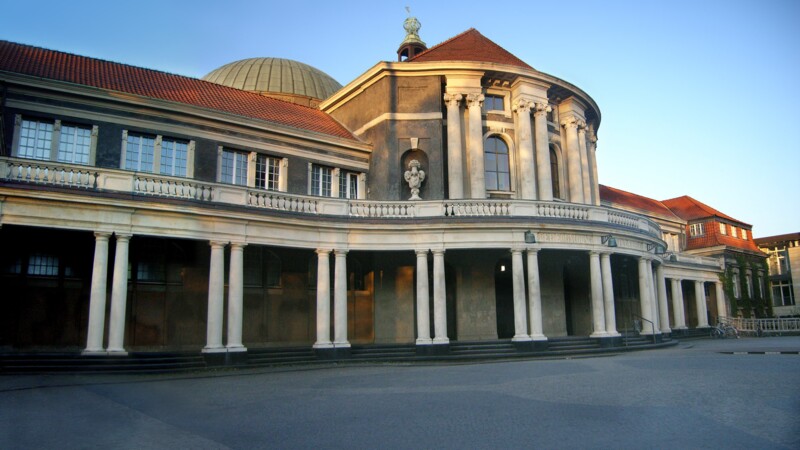"The funds will provide considerable support for our particle physics research at the Large Hadron Collider," said Prof. Dr. Peter Schleper, who leads the University of Hamburg's research in Geneva. The funds allow the university's working group to continue its activities in the Compact Muon Solenoid (CMS) experiment at CERN, where collisions of heavy atoms are investigated with a particle detector and unearth as yet unknown particles. In 2012, the discovery of the Higgs particle, known as the "God particle", proved the CMS's greatest success to date.
The German government has earmarked EUR 6.25 million in funds for research into experimental particle physics over the next three years, the University of Hamburg announced Monday (August 30, 2021). The funds will benefit research by Hamburg-based scientists at the European Laboratory for Particle Physics (CERN) in Geneva. Emphasis is on particle collisions at the Large Hadron Collider, the world’s most powerful particle accelerator.
Research at CERN
University of Hamburg seeks new insights into particle physics
"We want to investigate the Higgs particle in more detail and tackle pressing questions about dark matter. The CMS data offer fascinating possibilities," said explains Prof. Johannes Haller of the Institute for Experimental Physics at the University of Hamburg. Next spring, a new data collection period will begin at the Large Hadron Collider, which could provide particularly interesting insights into the smallest building blocks of matter. The Hamburg-based scientists are already developing components for the reconstruction of the Large Hadron Collider scheduled for 2025, which will further increase the particle accelerator's performance.
The German Ministry of Education and Research is funding the participation of German researchers in the CMS experiment as part of a Germany-wide research programme involving the University of Hamburg, the Deutsches Elektronen-Synchrotron (DESY), RWTH Aachen University, the Karlsruhe Institute of Technology and the CASUS Institute in Görlitz.
tn/sb/pb
Sources and further information
More
Similar articles

University boosts transfer of innovation in Hamburg

Senators Fegebank and Westhagemann visit "Hamburg of Tomorrow"

